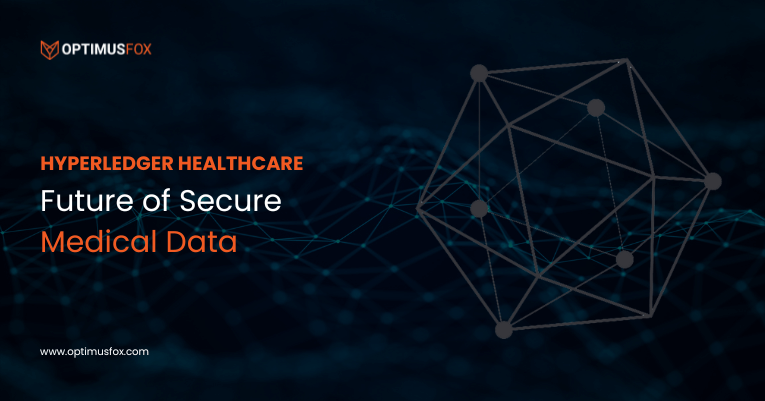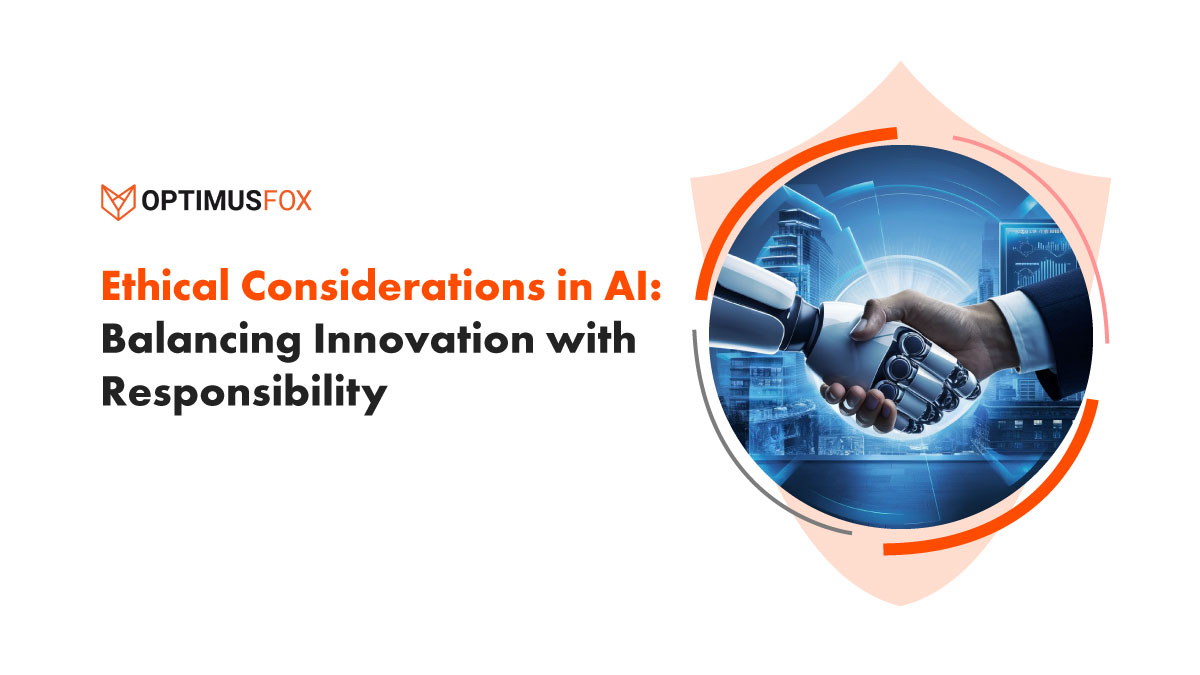The healthcare industry, a vital pillar of society, is experiencing a revolutionary transformation fueled by cutting-edge technologies. One such groundbreaking force is Hyperledger Healthcare. This innovative framework, built on the principles of blockchain technology, is poised to revolutionize healthcare operations, data security, patient care, and much more. In this blog post, we’ll delve into the world of Hyperledger Healthcare and explore how it is reshaping the future of healthcare.
Understanding Hyperledger Healthcare
Hyperledger, an open-source collaborative effort, managed by the Linux Foundation, seeks to advance cross-industry blockchain technologies. Hyperledger Healthcare, a specific domain within this initiative, is tailor-made to address the unique challenges and opportunities present in the healthcare sector.
At its core, Hyperledger Healthcare is designed to provide a secure, interoperable, and transparent platform for various healthcare stakeholders. It brings together healthcare providers, insurers, patients, researchers, and other relevant parties in an ecosystem that fosters trust, data integrity, and efficient collaboration.
Enhancing Data Security
Data breaches in healthcare have significant consequences. Patients’ sensitive information is at stake, and the industry’s reputation can suffer irreparably. This is where Hyperledger development services steps in. By utilizing blockchain’s immutability and robust encryption, this framework ensures that medical records, insurance claims, and other sensitive data are protected from unauthorized access.
In a Healthcare network, each transaction is recorded in a tamper-resistant manner, creating an audit trail that can be accessed by authorized parties only. This transparency, coupled with the decentralized nature of the blockchain, mitigates the risk of centralized data breaches and ensures data integrity.
Read more: Challenges for Healthcare Supply Chain
Streamlining Medical Records
One of the most promising aspects of Hyperledger Healthcare is its potential to streamline the management of electronic medical records (EMRs). Traditionally, accessing medical records has been a cumbersome process involving multiple intermediaries and potential delays.
Hyperledger Healthcare employs a decentralized approach, allowing patients to have ownership and control over their medical records. This not only ensures that patients can easily share their information with healthcare providers but also empowers them to make informed decisions about their health.
Facilitating Interoperability
Interoperability is a longstanding challenge in the healthcare industry. Different systems, protocols, and standards often hinder the smooth exchange of data between healthcare organizations. Hyperledger Healthcare aims to break down these barriers by providing a common platform where various systems can seamlessly interact.
The use of standardized smart contracts in Hyperledger Healthcare ensures that data can be shared, updated, and accessed in a consistent manner across the network. This not only improves the quality of patient care but also enables innovative applications such as personalized medicine and population health management.
Enabling Efficient Claims Processing
Insurance claims processing is notorious for its complexity and time-consuming nature. Hyperledger Healthcare introduces a transformative approach to this process. By leveraging smart contracts, the framework automates and streamlines claims processing, reducing administrative overhead, minimizing fraud, and accelerating reimbursements.
Claims can be processed more accurately and quickly, leading to increased satisfaction among both healthcare providers and patients. This efficiency can significantly impact the overall cost structure of the healthcare industry.
Empowering Medical Research
The field of medical research stands to benefit greatly from Hyperledger Healthcare. Researchers can access a vast, secure, and anonymized pool of patient data, leading to more comprehensive studies and faster breakthroughs.
Moreover, the transparency of the Hyperledger Healthcare network allows researchers to verify the authenticity of data, leading to increased trust in research findings. This is particularly important in the era of rapidly advancing medical knowledge.
Read more: How Blockchain Hyperledger helps Businesses?
Addressing Healthcare Supply Chain Challenges
The healthcare supply chain is another area where Hyperledger Healthcare can make a significant impact. Ensuring the authenticity and integrity of pharmaceuticals, medical devices, and other essential supplies is crucial for patient safety.
By leveraging Hyperledger Healthcare’s blockchain technology, the healthcare supply chain can be more transparent, traceable, and resistant to counterfeiting. This not only ensures the delivery of genuine products but also enhances the ability to track the origin and handling of supplies.
Conclusion
As we’ve explored in this blog post, Hyperledger Healthcare has the potential to transform the healthcare industry in profound ways. From enhancing data security and streamlining medical records to facilitating interoperability and empowering medical research, this innovative framework addresses critical pain points in healthcare.
By embracing the principles of blockchain technology, Hyperledger Healthcare is paving the way for a future where healthcare is more secure, efficient, and patient-centered.





